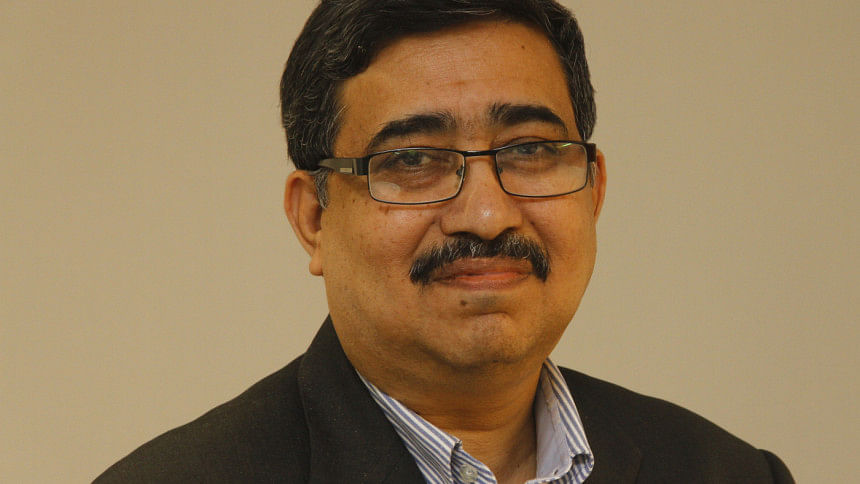Strengthening the central bank

With nudges from the International Monetary Fund and backing from the World Bank and Asian Development Bank, Bangladesh has embarked on a long-overdue three-year reform plan for its ailing banking sector. This is not a routine clean-up. The system is facing a structural, not cyclical, crisis, as evident by the record Tk 420,335 crore in defaulted loans as of March 2025, of which over Tk 300,000 crore is concentrated in just 10 banks.
The roadmap promises new legislation, better oversight, and institutional reforms to restore governance and credibility, and to spare taxpayers from footing the bill when banks fail. But unless the Bangladesh Bank (BB) transforms into a forward-looking, system-oriented regulator, no amount of legislation will suffice.
The central bank's legacy of regulatory passivity must be dismantled. In previous political regimes, politically supported interests took over several reputable banks, reportedly including a takeover of Islami Bank at gunpoint. By approving acts that went against fiduciary standards, the Bangladesh Bank shifted from being a regulator to more of a bystander. Any roadmap's implementation will stall unless regulatory independence and muscle are restored.
Five key laws—a new Bankruptcy Act, Money Loan Court Act, Distressed Asset Management Act, Bank Resolution Ordinance, and Deposit Protection Ordinance—are expected to take effect by the first quarter of the current fiscal year 2025-26. These are commendable. But laws alone cannot engineer structural change. That requires accountability and the right incentives.
The strength of a central bank lies not in how many transactions it approves, but in how clearly and consistently it sets and upholds market rules. For too long, BB has micromanaged bank operations, approving individual loans, equity deals, and foreign currency transactions, instead of fostering a rules-based financial ecosystem. These reflect deep-seated institutional insecurity.
Modern central banks such as the Reserve Bank of India (RBI) and the Monetary Authority of Singapore focus on systemic stability. They define prudential frameworks, delegate operational autonomy, and monitor large-scale deviations. The RBI's Early Warning Systems and Prompt Corrective Actions have helped lower India's non-performing assets from 11.6 percent in 2018 to 3.2 percent in 2023, according to its 2024 annual report.
Bangladesh must adopt a similar approach. Centralised approvals disincentivise risk-taking, erode institutional strength, and weaken banks' capacity to manage liquidity, assess credit, or absorb shocks. Even during the post-Covid liquidity glut, banks sat on excess reserves, unable to deploy them effectively.
Amending the Bank Company Act to sever political ties from board appointments is a step forward. But implementing this will require a central bank with the backbone to confront entrenched interests. The move to identify banks' ultimate beneficial owners must be followed through rigorously.
Asset recovery also demands institutional muscle. The revamped loan recovery task force must operate independently, free from selective enforcement. Global examples such as Indonesia's OJK Asset Management Company and India's Insolvency and Bankruptcy Code show recovery works best when tied to judicial reforms and real-time surveillance.
The interim government must view this roadmap as a political and institutional reset, not a checklist. Despite its brief term, it must build bipartisan consensus and protect reforms from electoral churn.
The central bank must evolve from a transaction approver into a market architect. It must enforce real-time monitoring, set clear capital standards based on risk, and penalise poor governance. Without such changes, the reform package risks joining a familiar graveyard: well-intentioned, poorly executed, and quickly forgotten.
The question now is: do we have the institutional courage to let the Bangladesh Bank lead?
The writer is an economic analyst and chairman at Financial Excellence Ltd

 For all latest news, follow The Daily Star's Google News channel.
For all latest news, follow The Daily Star's Google News channel. 



Comments